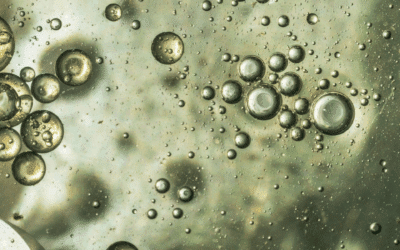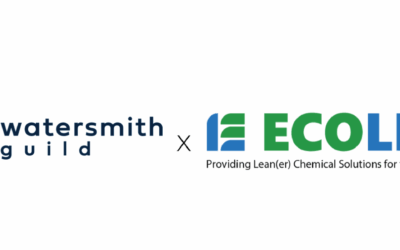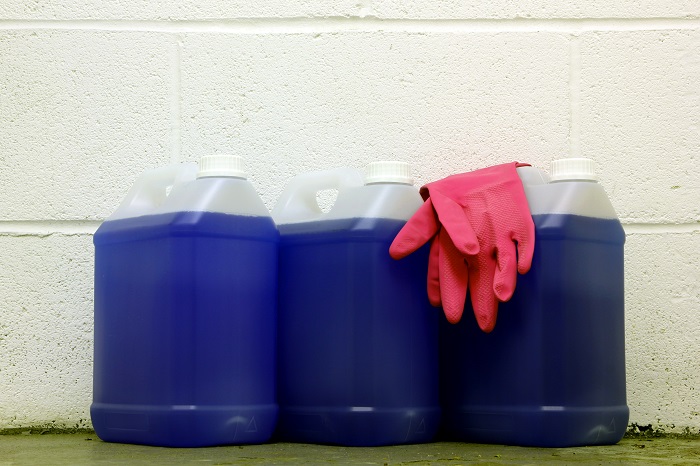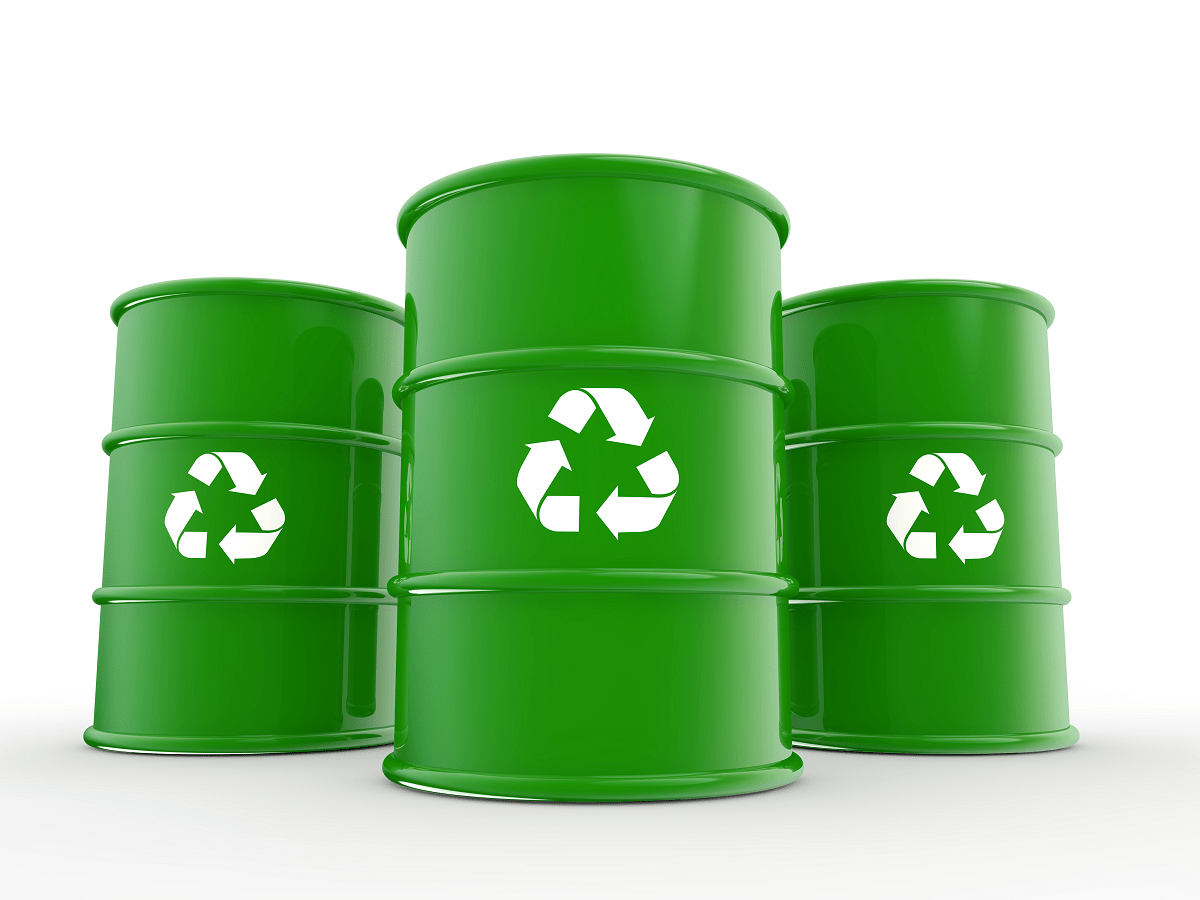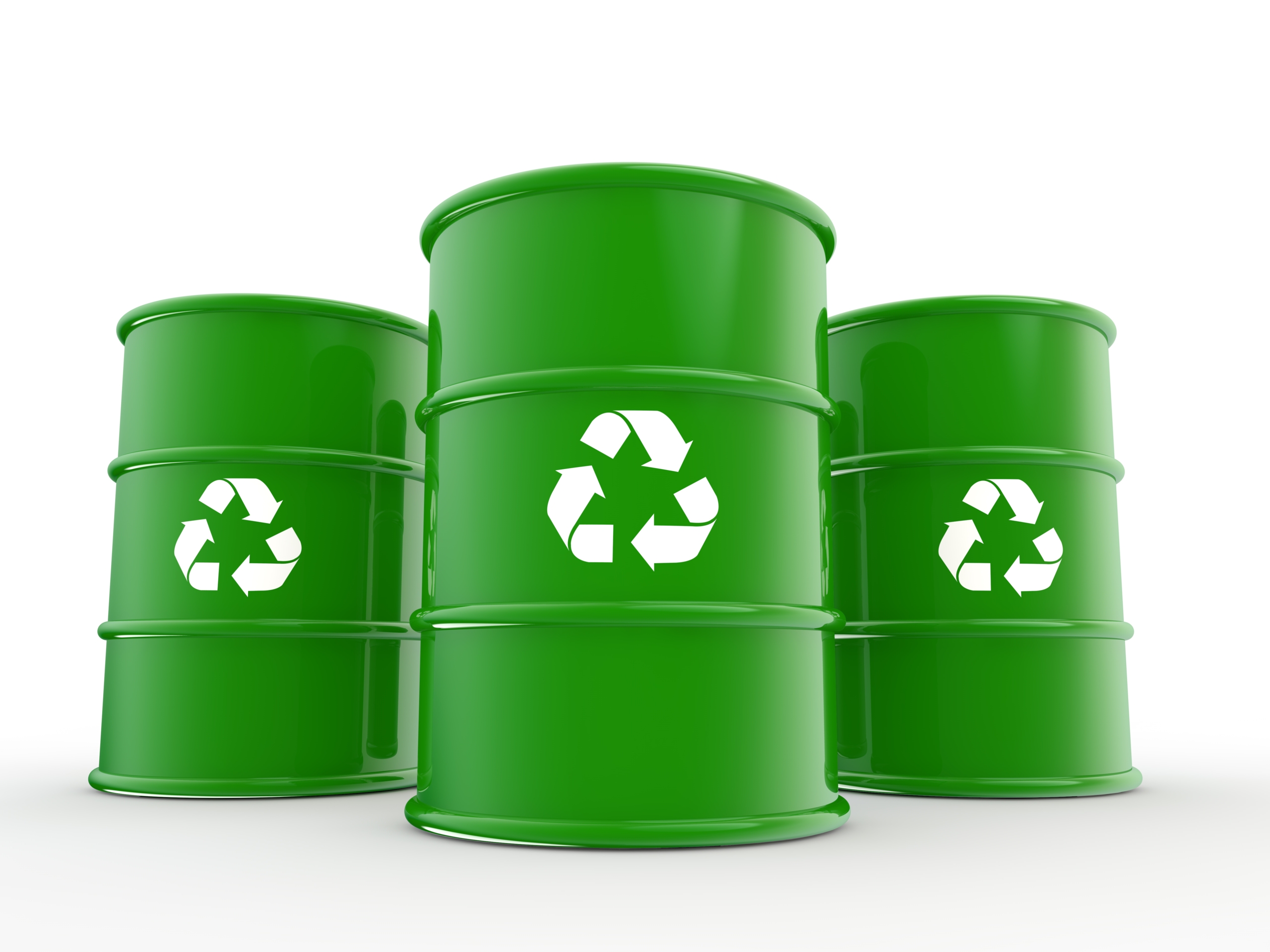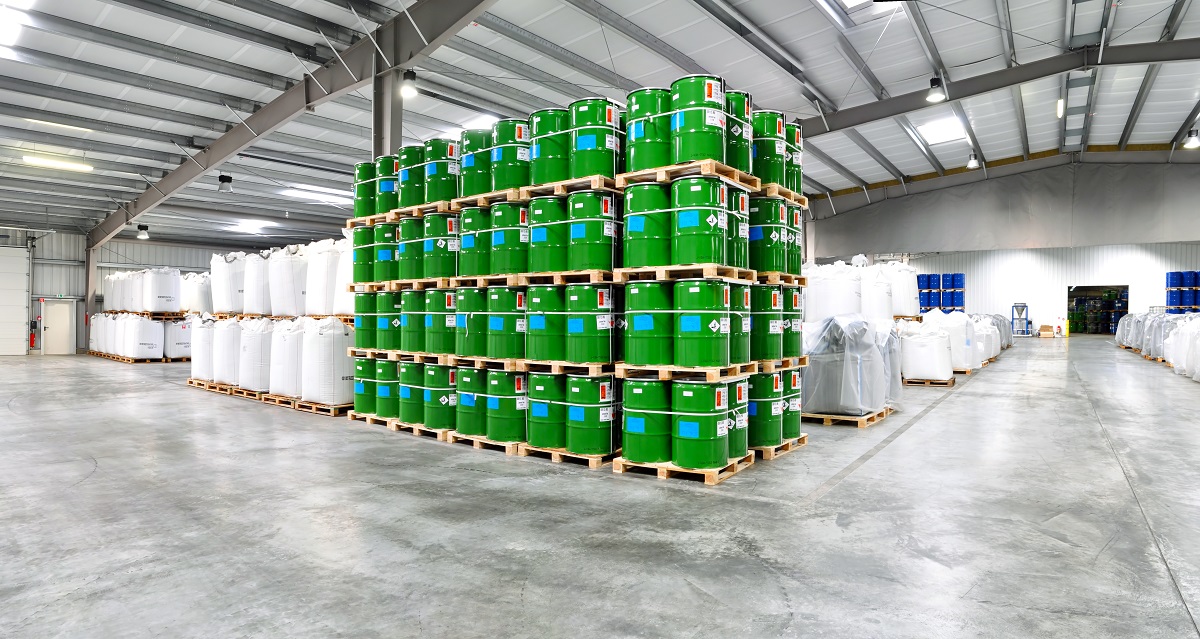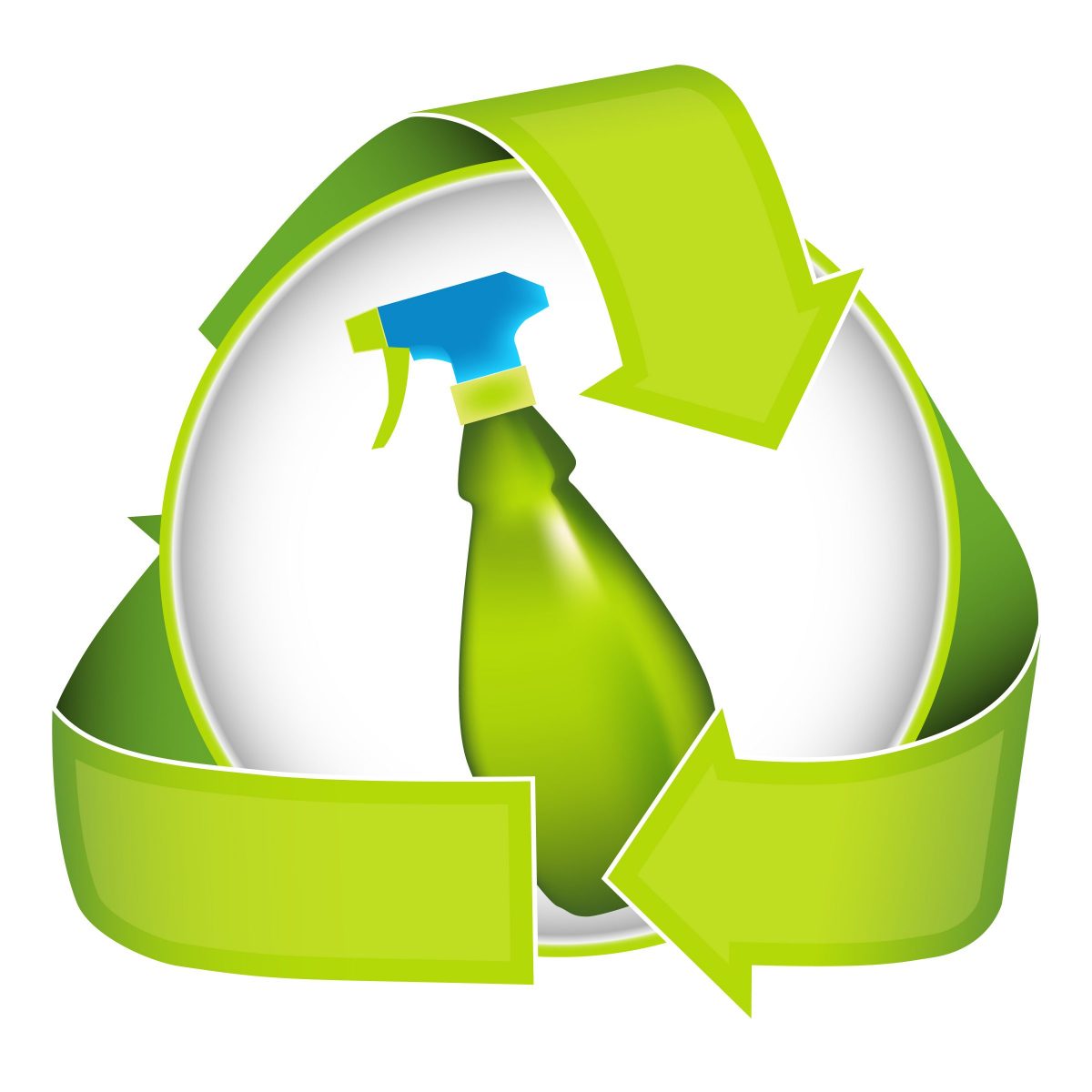Looking for insight into Isopar L? You’ve come to the right place. In this blog post, we’re going to take a closer look at what Isopar L is, what...
Blog


CHEMICAL INDUSTRY NEWS
Chemical Chat – Discover What’s New!
Methyl Acetate vs Acetone: Which Solvent Is Right for You?
Photo by Sonika Agarwal on Unsplash Methyl Acetate vs Acetone: Which Solvent Is Right for You? Wondering what the differences between acetone and...
What Are the Best Acetone Alternatives? A Complete Guide Have you ever wondered if there are any good acetone alternatives? Acetone is a powerful...
Ecolink Partners with The Watersmith Guild to Expand 1% for the Planet Impact
Ecolink Partners with The Watersmith Guild to Grow 1% for the Planet Impact TUCKER, GA — October 17th, 2025 — Ecolink...
Methyl Acetate vs Acetone: Which Solvent Is Right for You?
Photo by Sonika Agarwal on Unsplash Methyl Acetate vs Acetone: Which Solvent Is Right for You? Wondering what the...
Company News
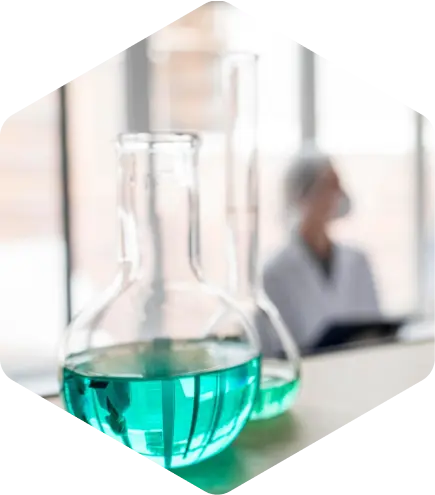
Managed Services
Discover the Latest in Safe and Sustainable Chemical Solutions
Stay informed with Ecolink’s blog! Subscribe now
Chemical Management Information
Stay updated with us
Sign Up for the Latest Updates
Stay informed about chemical supply chain disruptions and emerging innovations to keep your business at the forefront of efficiency and innovation. Uncover new ways to make your business practices more sustainable by incorporating safer products into your cleaning lineup.




